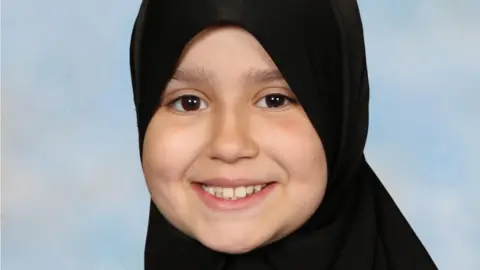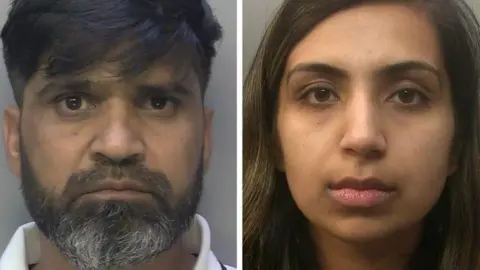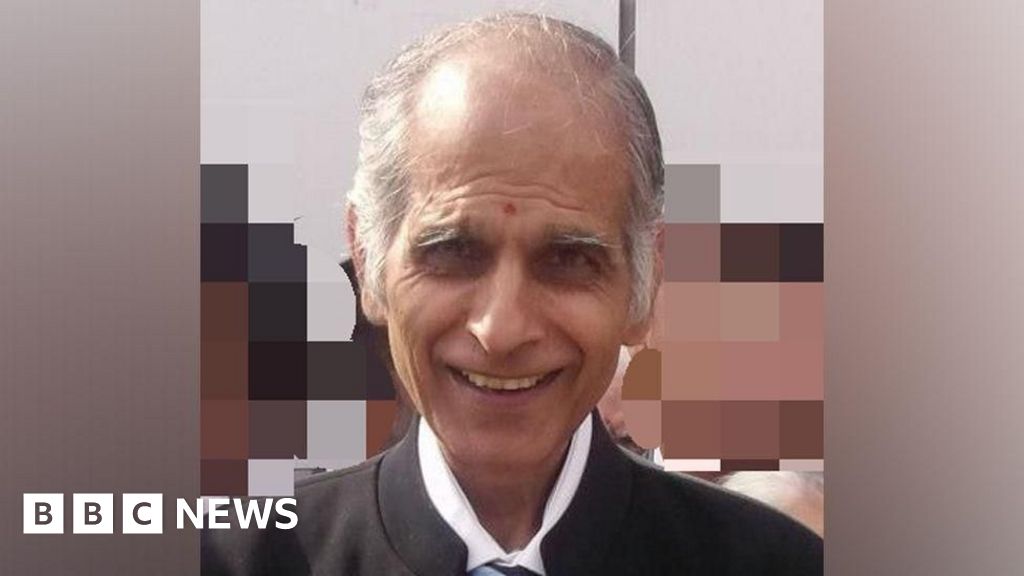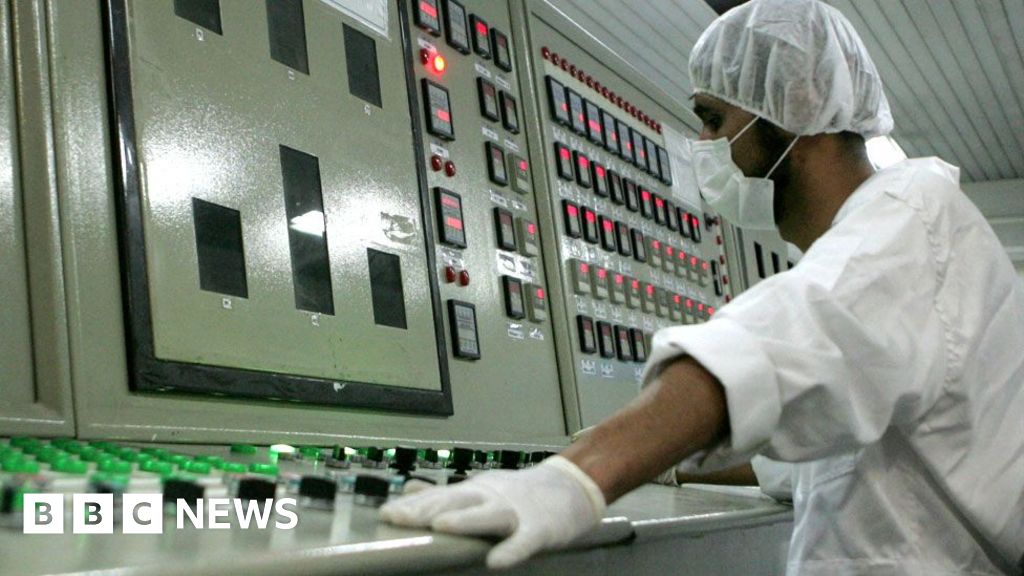
 Surrey Police
Surrey Police
Sara Sharif's body was found at her home in Woking on 10 August 2023
A ban on naming judges who oversaw proceedings related to the care of Sara Sharif before she was murdered "cannot be allowed to stand", the Court of Appeal has been told.
Mr Justice Williams ruled in December that the media could not name three judges involved in the historical family court cases related to the 10-year-old, as well as social workers and guardians, due to a "real risk" of harm to them from a "virtual lynch mob".
However, several media organisations, including the BBC, are appealing against the decision, telling a hearing on Tuesday the judges should be named in the interests of transparency.
Sara's father Urfan Sharif, 43, and stepmother Beinash Batool, 30, were jailed for life for her murder in Woking in 2023.
Following the convictions at the Old Bailey, details from previous family court proceedings could be published relating to Sara's care before her death.
This included that Surrey County Council (SCC) repeatedly raised "significant concerns" that the girl was likely to suffer physical and emotional abuse at the hands of her parents.
Mr Justice Williams said that while withholding the names of judges was "exceptional", seeking to argue that individuals involved in proceedings were responsible for Sara's death was "equivalent to holding the lookout on the Titanic responsible for its sinking".
Chris Barnes, for journalists Louise Tickle and Hannah Summers, said in written submissions that the judge's decision was made on a "wholly generalised and insufficient basis" and was "unfair, poorly reasoned and unsustainable".
He said: "The judge's order preventing the naming of those judges is unjustified, and undermines necessary efforts to increase transparency in the family justice system. It cannot be allowed to stand."
Adam Wolanski KC, representing the BBC and other news organisations, claimed the comparison to the Titanic was "bizarre and wrong".
'Significant threats'
The children's guardian, who represents the children involved in the case, and Sharif are opposing the appeal, which is being heard by three senior judges in London.
Cyrus Larizadeh KC, for Sharif, said that media reporting had led to "significant threats" being made on social media towards judges.
Documents released to the media showed that SCC first had contact with Sharif and Sara's mother, Olga Sharif, in 2010 – more than two years before Sara was born – having received "referrals indicative of neglect" relating to her two older siblings.
The authority began care proceedings concerning the siblings in January 2013, involving Sara within a week of her birth.
Between 2013 and 2015, several allegations of abuse were made that were never tested in court, with one hearing in 2014 told that the council had "significant concerns" about the children returning to Sharif, "given the history of allegations of physical abuse of the children and domestic abuse with Mr Sharif as the perpetrator".
In 2019, a judge approved Sara moving to live with her father in Woking. It was there that she was hooded, burned and beaten during years of abuse before her death.

 Surrey Police
Surrey Police
Sara's father Urfan Sharif and stepmother Beinash Batool were jailed for life over her death
Sharif was sentenced to a minimum of 40 years in prison for murder, while Batool received a minimum of 33 years.
Sara's uncle, Faisal Malik, 29, was sentenced to 16 years' imprisonment for causing or allowing her death.
SCC said the appeal should be allowed.
The hearing before Sir Geoffrey Vos, Lady Justice King and Lord Justice Warby is expected to conclude on Wednesday.
A judgment is expected in writing at a later date.
 2 months ago
1260
2 months ago
1260



